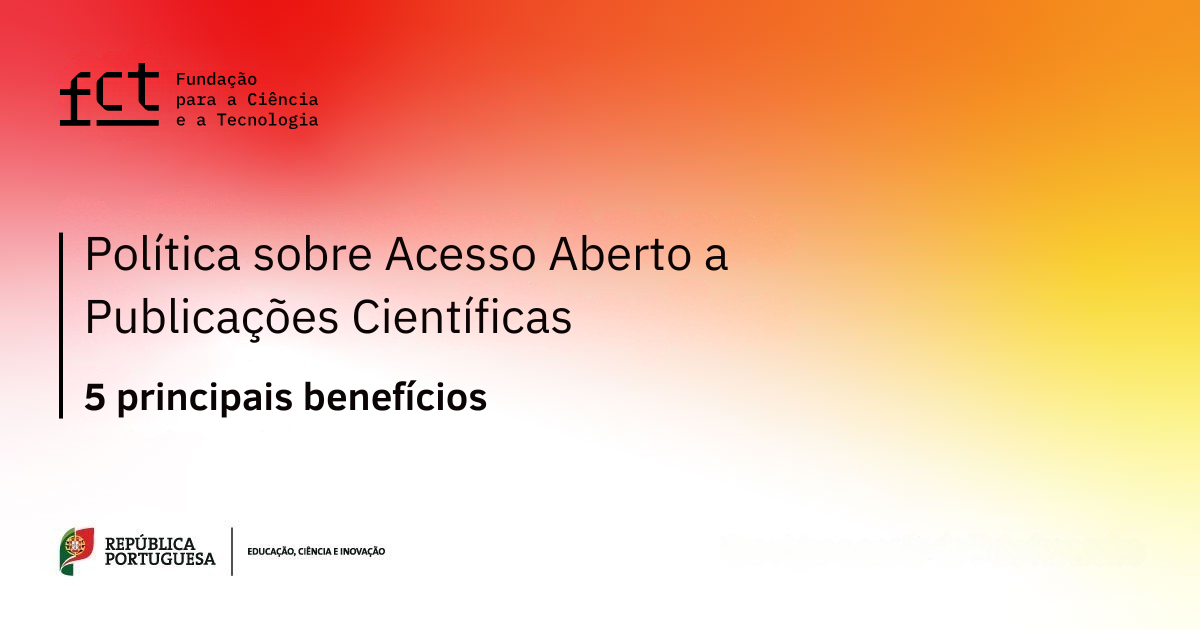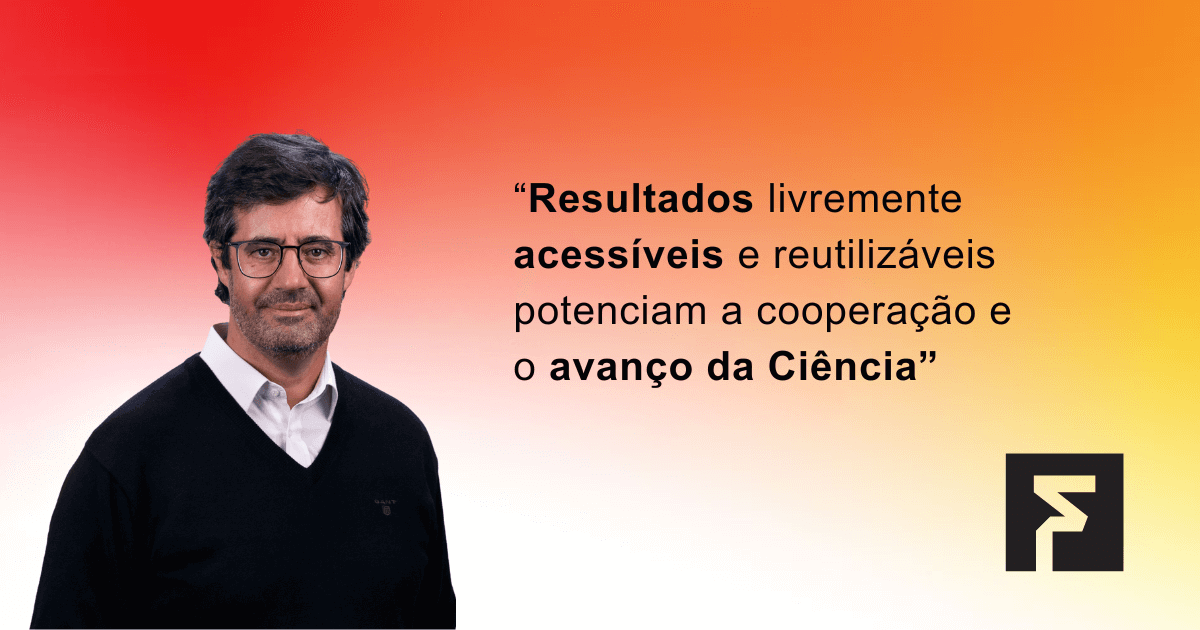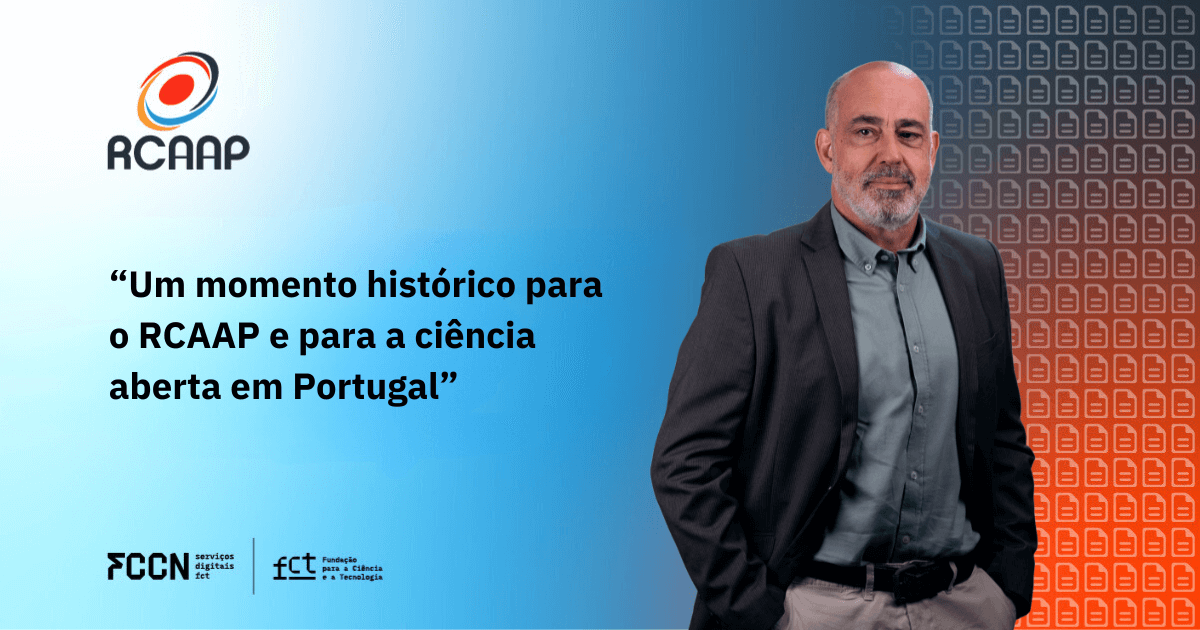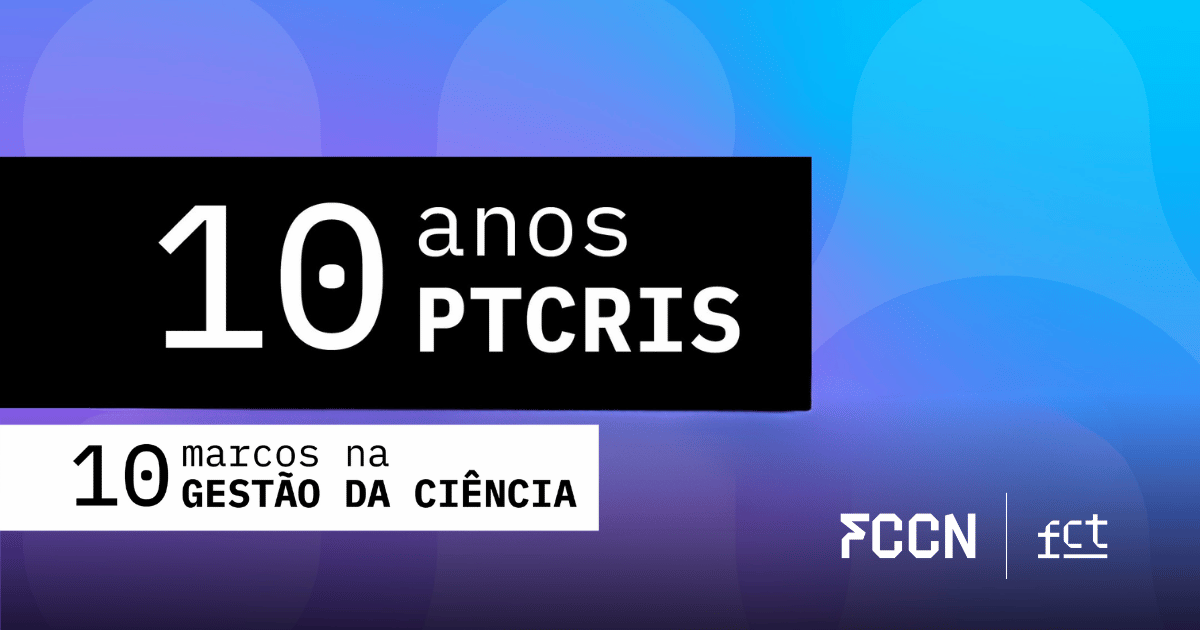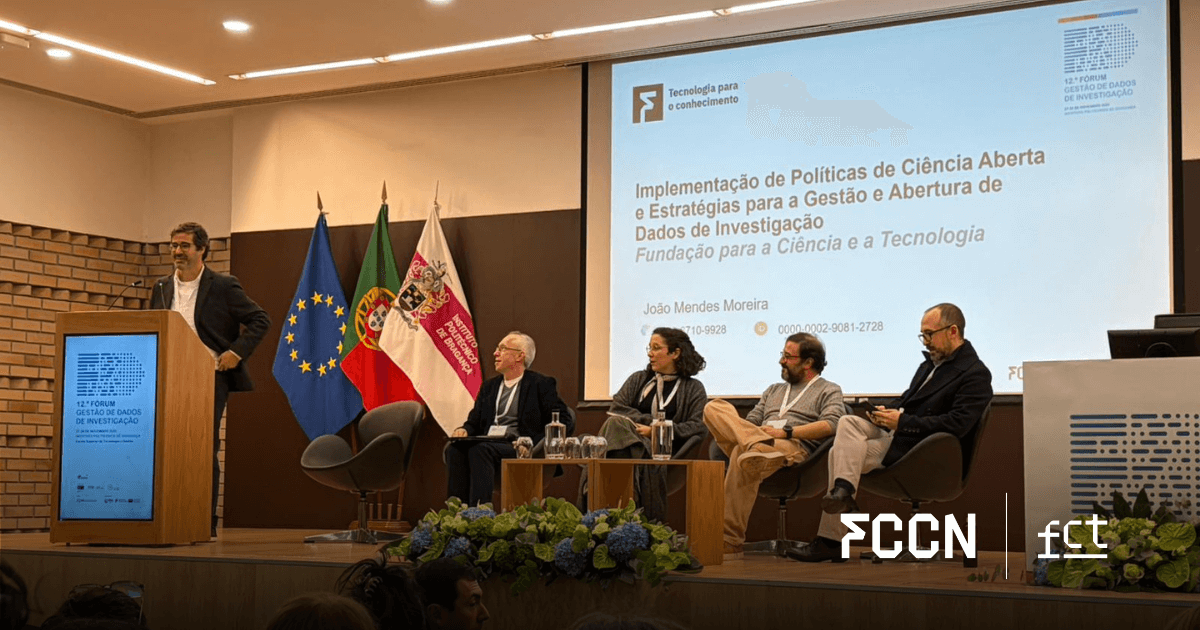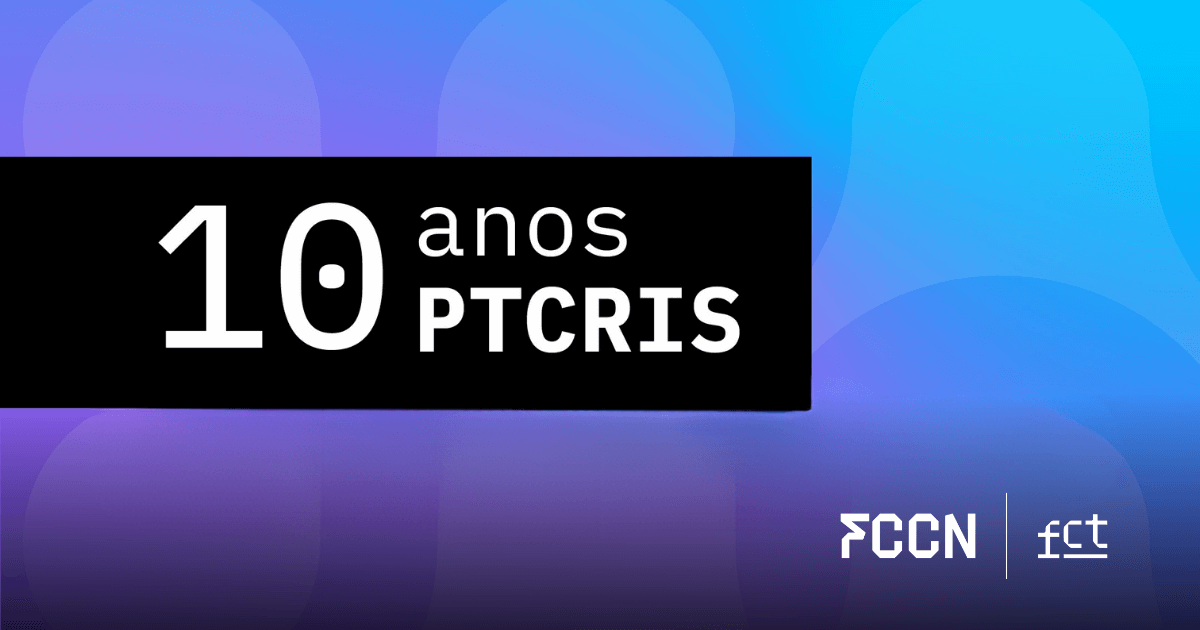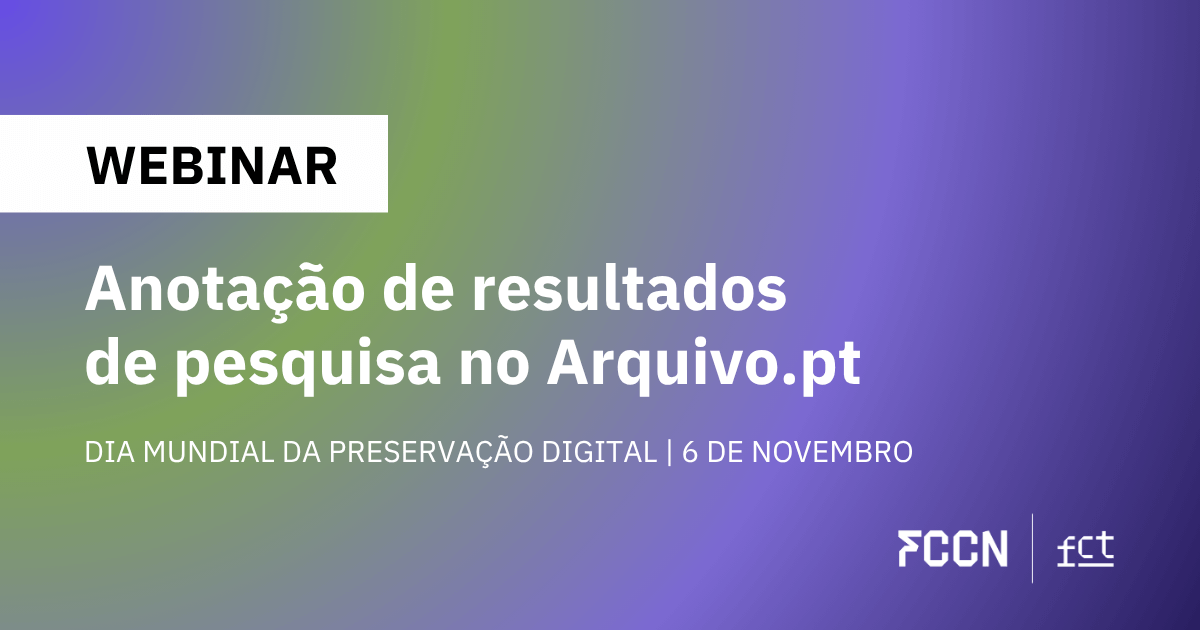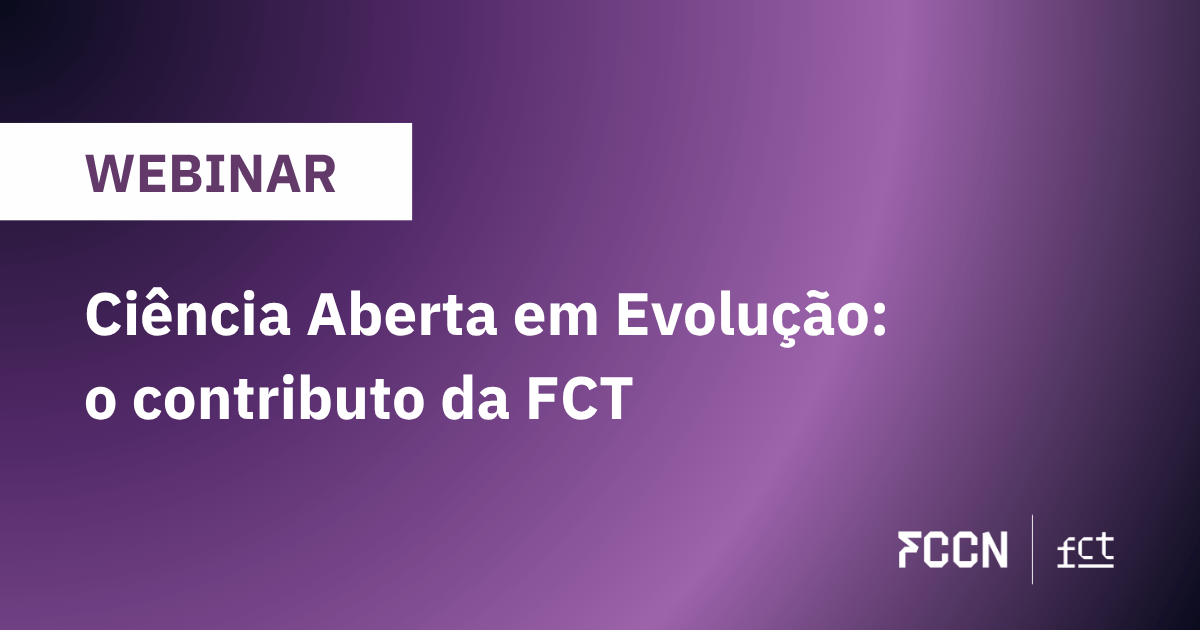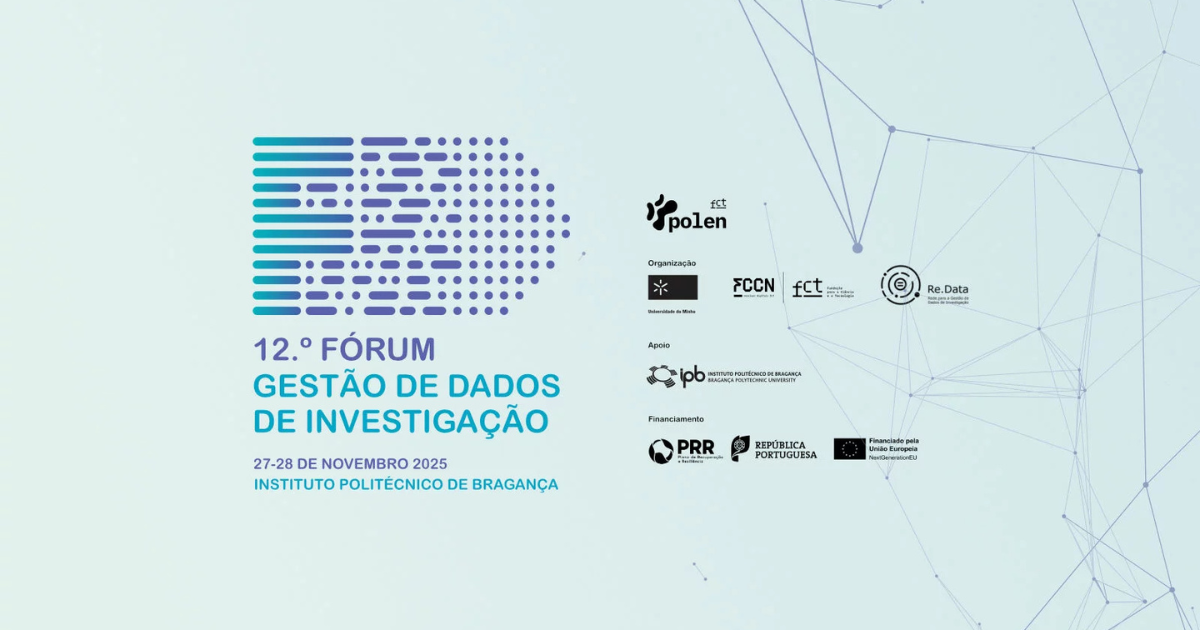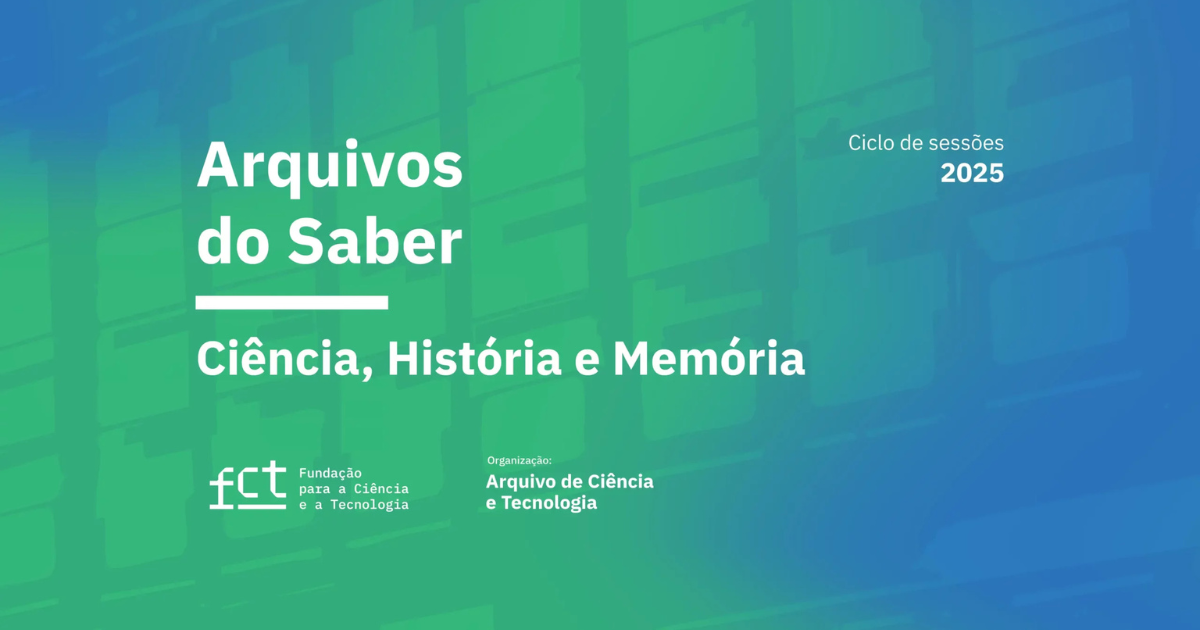In February 2025, the Foundation for Science and Technology (FCT) adopted a new Open Access Policy, in order to make it mandatory to make scientific publications resulting from research funded by it available in open access. The policy now applies to scientific articles, books, book chapters and monographs, as well as doctoral theses and master's dissertations.
Open access publishing enhances the dissemination of scientific knowledge and, with it, the advancement of science. It therefore benefits the academic and scientific community, but also society at large and, of course, the authors themselves. Discover the main benefits of this new policy.
Greater dissemination of scientific production
The main benefit that the Policy aims to achieve is to achieve greater dissemination of scientific production funded by the FCT, which has obvious advantages for the dissemination of scientific knowledge and the progress of Science.
In this way, public funding becomes a public benefit: access for all to the knowledge produced. Authors gain much greater exposure for their scientific output, resulting in gains in visibility, prestige, networking, and contributions to the production of scientific knowledge. More generally, open access increases the visibility of scientific publications, allowing a wider audience, including professionals from other fields and the general public, to access research results.
More effective scientific collaboration
Open access plays a fundamental role in promoting collaboration between researchers from different institutions and countries. By eliminating barriers to access to scientific information, it fosters interdisciplinarity, accelerates innovation, and strengthens collective knowledge production.
The Policy is part of a series of initiatives adopted by FCT's sister institutions and implements the principles of Plan S, launched by the cOAlition S coalition, which includes science funding agencies, with the support of the European Commission and the European Research Council (ERC). This plan aims to ensure that the results of scientific research funded by the institutions that adhere to it are published with immediate open access, thus enabling them to be accessed and reused.
Transparency and reproducibility as key elements
Open science is essential to ensure transparency in scientific research, by making data, methods, and results publicly available. This openness allows other researchers verify, reproduce and validate the results obtained, strengthening the trust in science and promoting its integrity.
Open access facilitates responsible reuse of publications, data and others outputs scientific research, the development of new lines of research, and the formation of collaborative networks. This practice reduces duplication of effort, increases research efficiency, and contributes to the faster advancement of scientific knowledge.
Retention of rights by Authors
The policy mandates that authors retain rights to their publications, allowing them to control the dissemination and reuse of their work.
Retaining rights allows the author to maintain control over the content they produce and, with it, a range of usage possibilities that are lost in the traditional mechanism of transferring copyright to publishers.
Speed of dissemination
The open access policy does not allow for embargo periods, ensuring that scientific results are made available immediately after publication. This rapid dissemination of knowledge enables faster scientific advancements, favoring timely responses to global challenges and contributing to a more dynamic and responsive science.
This strategy is part of the national effort towards Open Science, with the country already recognized for its innovative policy in this area, thanks to projects such as Open Access Scientific Repositories in Portugal (RCAAP), PUBin, b-on, in particular through its transformative agreements, POLEN, in the area of research data management, and the PTCRIS program, with a view to complying with the FAIR (findability, accessibility, interoperability, and reusability) principles. These digital services, also developed by the FCT through its digital services unit FCCN, play an essential role in increasing the visibility of knowledge produced by Portuguese universities.
To To learn more about the Open Access Policy, please consult the website support, which aims to help researchers comply with the Policy and guide them throughout the process, helping them follow the necessary steps until publication in Open Access.
This page also contains links to a set of frequently asked questions and a document explaining the rights retention mechanism.
